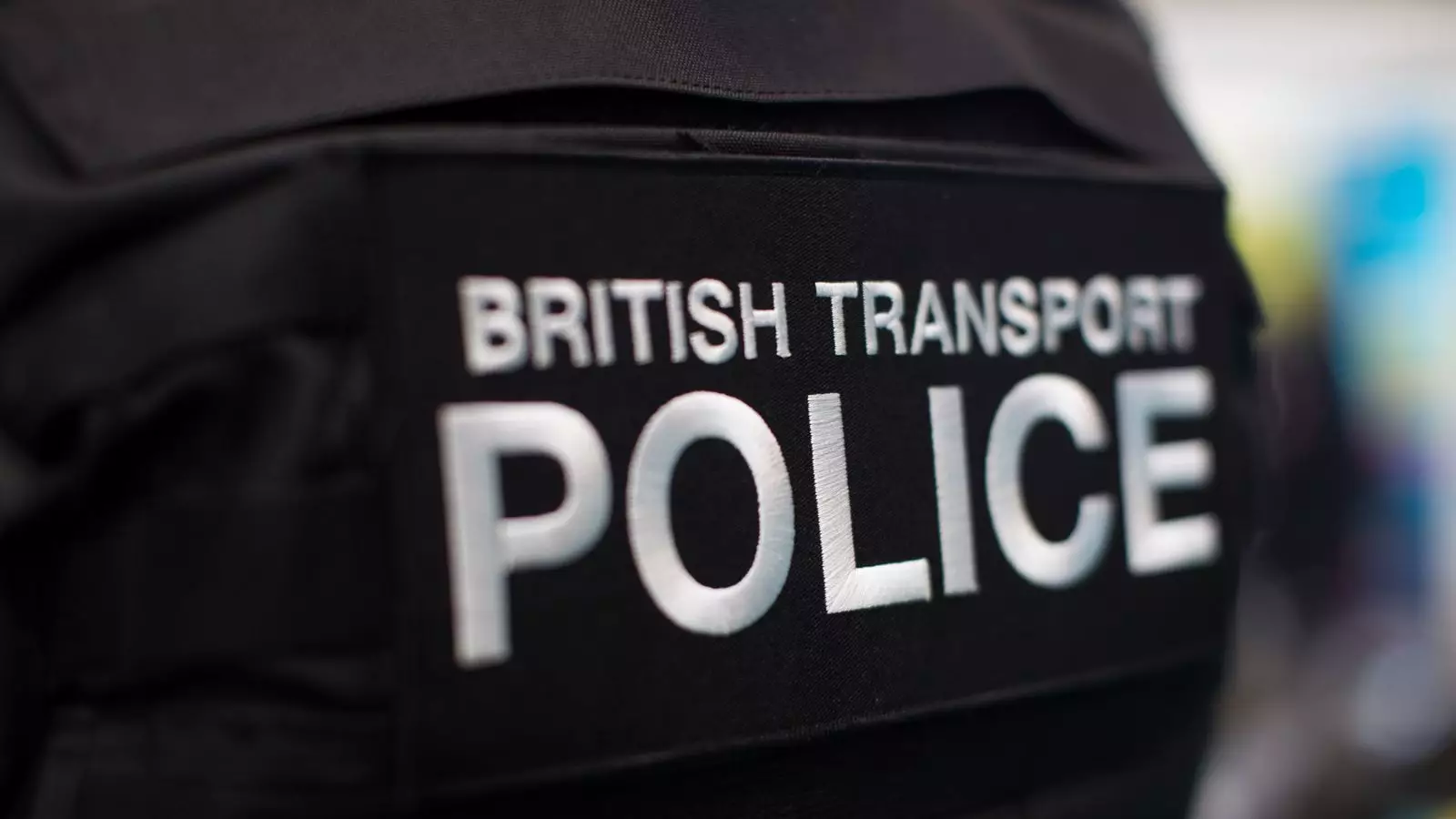The recent ruling by the Supreme Court regarding the treatment of trans women in police custody marks a pivotal moment in the ongoing debate about gender, identity, and rights within the UK’s legal framework. By determining that the definition of a “woman” aligns strictly with biological sex, the court’s decision has sent shockwaves through the British Transport Police (BTP). As a result, trans women will now face strip searches by male officers, a move that raises serious questions about dignity, safety, and the protection of vulnerable populations.
This adjustment to searching protocols is presented as a mere “interim position,” yet it reflects deeper ideological fractures that have permeated discussions surrounding trans rights. The BTP’s prior policy seemed like a progressive step, allowing for transgender individuals with a gender recognition certificate to be treated according to their identified gender. This policy, however well-intentioned, has been overturned under the weight of legal scrutiny that reverts back to biologically determinist viewpoints. It raises the very real concern of how laws can, and will, shape society’s understanding of gender.
The Biological vs. Gender Identity Debate
At the heart of this issue lies a fundamental struggle between biological essentialism and gender identity. The Supreme Court’s ruling serves as a stringent reminder that, while society progresses towards a more inclusive understanding of gender, the legal system remains bogged down by traditional notions. The rationale behind the judgments—from a legal standpoint—centers on the preservation of women’s rights, but this so-called preservation can inadvertently reinforce discrimination against trans individuals.
The claim by the Sex Matters campaign that the previous policies endangered both detainees and female officers shines a light on the complexities involved. Who protects whom in these scenarios? By reorienting search procedures back to biological definitions, the ruling casts trans women as inherently dangerous, a narrative steeped in prejudice rather than objective assessment. Such thinking ignores the reality of human dignity and undermines the very principles of equality, suggesting that the anxiety some may feel at the prospect of trans women being searched by female officers outweighs the civil liberties of those very women.
The Politicization of Trans Rights
Politicians have notably seized upon this ruling, using it as a litmus test for broader societal attitudes towards trans rights. Minister Karin Smyth’s comments underscore the heightened sensitivity surrounding public perception; after all, the echoes of this ruling will reverberate through various public bodies. Changing guidelines to comply with this judgment entails not just procedural alterations but also a cultural recalibration within organizations like the NHS, which may now face immense pressure to restrict rights that had previously been granted.
Baroness Kishwer Falkner’s assertion that “there is no confusion now” may be comforting to some, but it blatantly overlooks the multifaceted nature of a societal issue rife with tension and disagreement. To view gender identity as a mere legal matter oversimplifies a complex dialogue. Puffing up a sense of clarity obscures the nuanced, often painful realities faced by transgender individuals navigating a predominantly cisnormative landscape.
Implications for Vulnerable Individuals
For many, the implications of the ruling extend far beyond legal definitions; they touch upon deeply held convictions about identity and safety. The prospect of being strip searched by someone of the opposite biological sex poses a significant risk to the dignity and safety of trans women, many of whom are already disproportionately marginalized in society.
The ruling invites a conversation about the respect and protection owed to all individuals, particularly those at risk of violence or discrimination. Implementing policies that value dignity across a spectrum of identities should be paramount, yet this recent legal shift illustrates how easily fear can tip the scales in favor of exclusion and stigmatization.
The landscape of the UK’s approach to gender rights is shifting, and the direction indicated by the Supreme Court ruling may well plunge society backward rather than propel it forward towards greater inclusivity. As public bodies reassess their compliance with the ruling, the stakes couldn’t be higher—not just for trans individuals but for the moral fabric of a society that has prided itself on being an advocate of equality and human rights.

